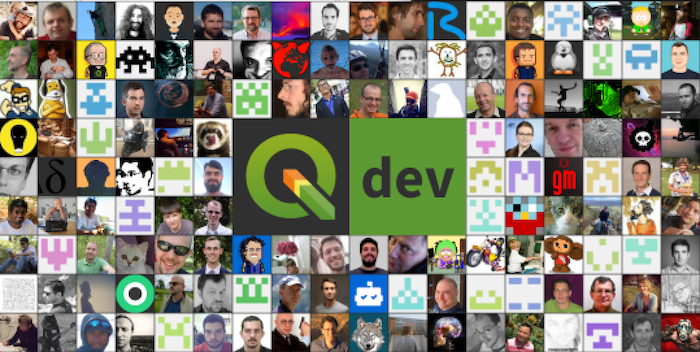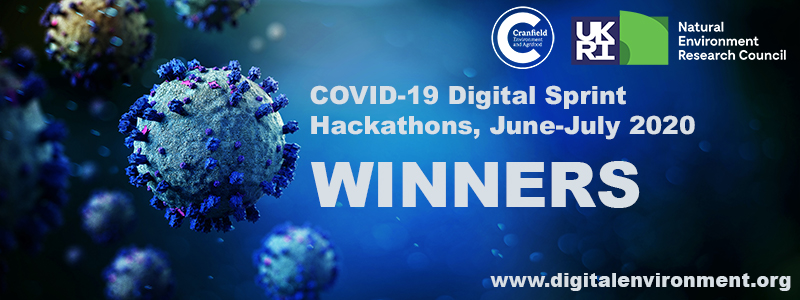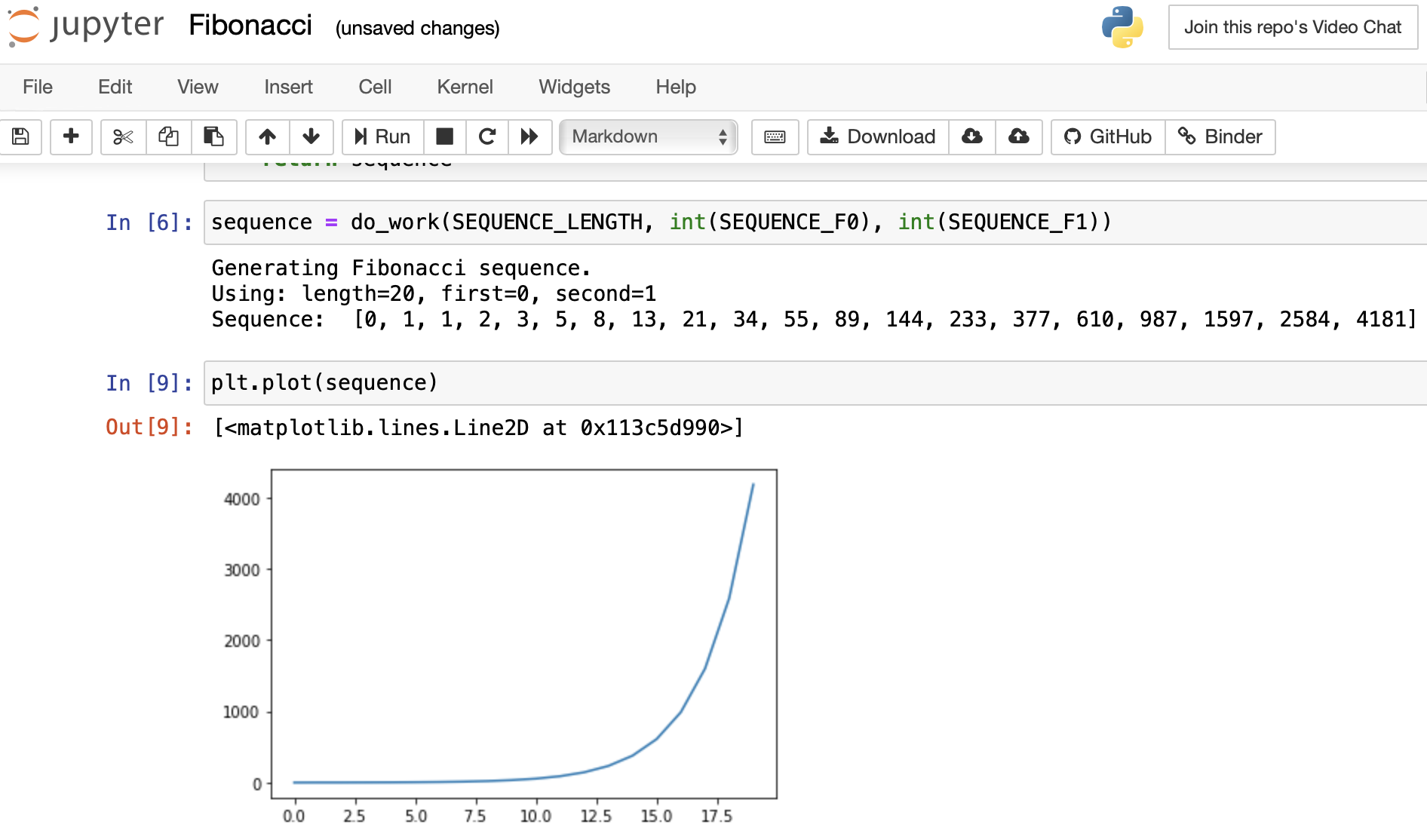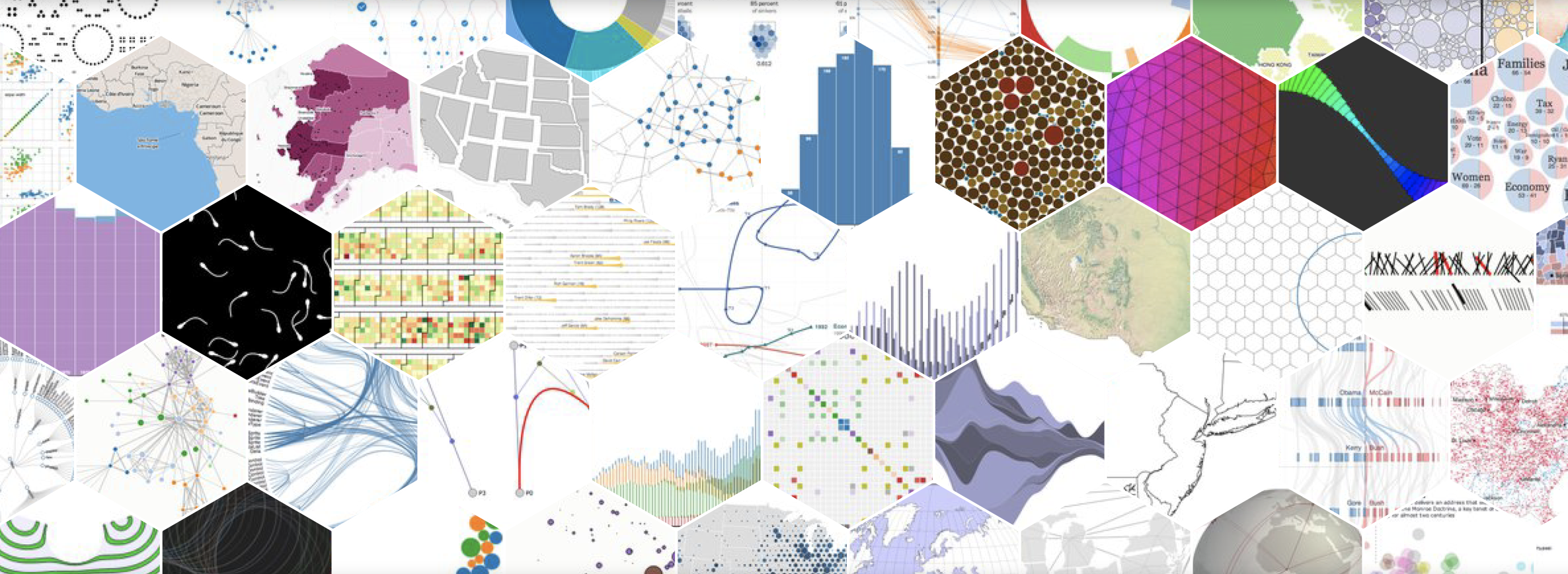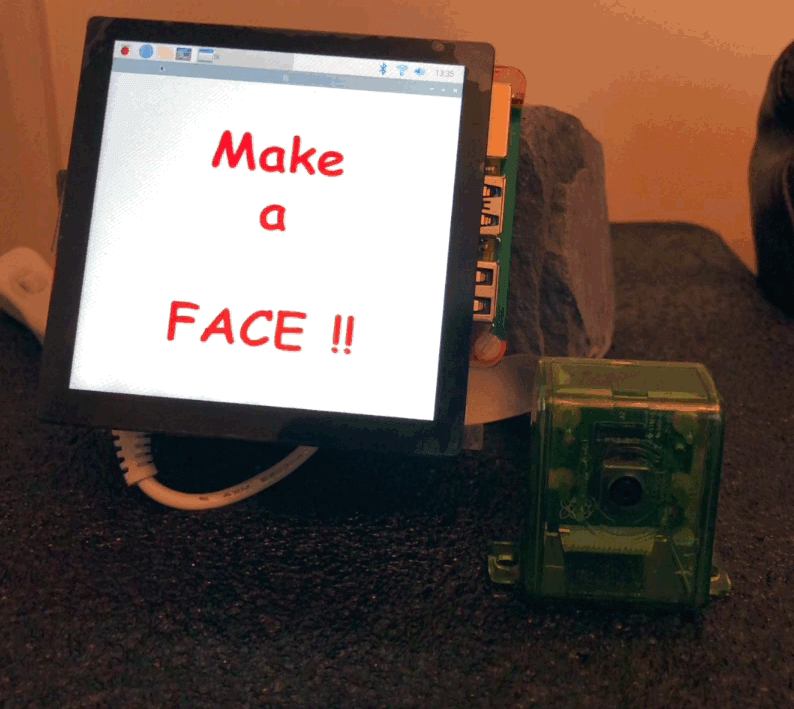Running X11 QGIS with Docker on a MacBook
Previous blogs on this site have highlighted the strengths and advantages of Docker. Docker is a great utility tool that allows ‘containerisation’ of a very wide range of applications, where the containers are used to build images that can be shared, running applications in a way that seals them off from the rest of your computer. This […]
